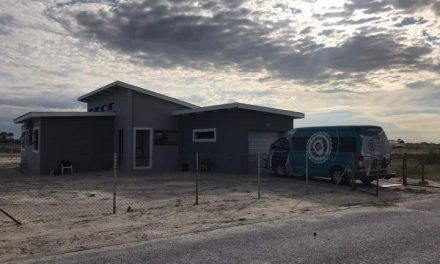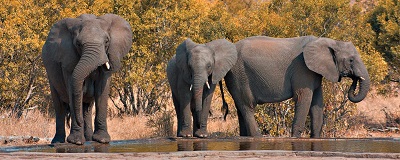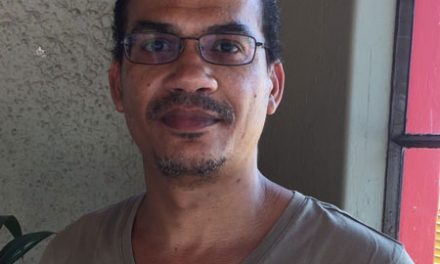
Charcoal industry under scrutiny
The Ministry of Trade and Industry believes that a lack of monitoring and law enforcement in all areas of the charcoal production chain are the main challenges facing the industry.
Since 2000 the charcoal industry has become an important contributor to the rural economy with an estimated worth of N$75 million to N$100 million. The ministry’s projections show that the charcoal industry is expected to continue growing.
The European Union is the main export market, with exports increasing from N$27 million in 2007 to N$59 million in 2008. A significantly large demand for silicon smelting in South Africa also exists.
But the relatively inaccurate and flexible data is only one of several indications that the industry is largely unregulated and informal.
According to the Agricultural Employers’ Association’s Principal Officer, Danie van Vuuren, the industry is currently very informal. “We are in the process to formalise the sector by means of a new proposed structure which we are planning to implement before the end of this year.”
The Namibia Charcoal Production Association is the only recognised voice in lobbying for the charcoal producers and their workers. The association represents the industry at all governmental and non-governmental forums.
Around 70% of all charcoal used in Europe is imported and Namibia is the UK’s biggest supplier. Some estimates put Namibia’s contribution to UK charcoal consumption at 50%, but again this proved to be almost impossible to verify.
The UK market estimate is according to Fern, a non-governmental organisation that said in a research paper titled “Playing with Fire – Human Misery, Environmental Destruction and Summer BBQ’s” that the industry supplies much needed employment and that the industry has a long way in addressing existing illegalities and improving workers’ rights.
There are an estimated 4800 charcoal workers in the country who are sub-contracted by the producers with little to no benefits other than wages. The 120-member Namibia Charcoal Production Association produces an estimated 20,000 tonnes per annum with the number of workers per charcoal producer varying between 4 and 70 employees for the larger charcoal producers.
Exporters sell the charcoal at the current ceiling rate of N$1400/tonne while the standardised rate they pay producers is N$700/tonne. The current chairperson of the Association, Pieter Potgieter said that producers monitor the charcoal quality through spot checks and payments are processed from 1 to 21 days after loading to markets.
The Association formalises its membership through a voluntarily fee of N$3/tonne. A new model will increase the membership fee to a compulsory N$15/tonne.
The Legal Assistance Centre conducted research on the issuing of permits for charcoal production and found that data on charcoal harvesting permits issued by the Directorate of Forestry could not show how many charcoal producers are active. Some small-scale operations operated without permits. The Forestry Directorate issues harvesting and export permits to producers and is the only source of data.
Most farmers go into charcoal production to cut back bush encroachment. Most, according to the Legal Assistance Centre’s research, listed the direct financial advantages of an additional income and a regular cash flow, as the main reason for entering the industry. The LAC report, however, found farmers do not engage in charcoal manufacturing to fight bush encroachment, but mostly for the profits.













































